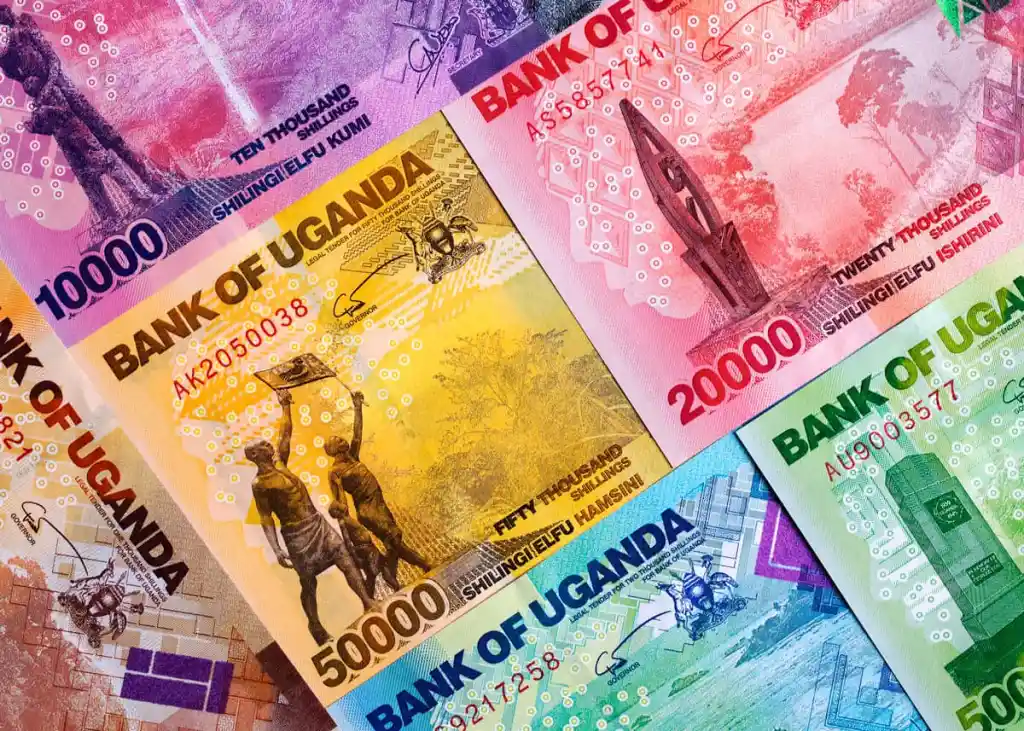Why the Ugandan shilling has been appreciating: Governor Atingi-Ego explains

Ugandan notes of money. Photo: RISE AGAINST POVERTY Organization (RAP UGANDA)
For the past 14 months, the Ugandan shilling has been on a steady path of appreciation, raising questions about the underlying drivers and the role of the central bank. Speaking recently, Bank of Uganda Governor Michael Atingi-Ego broke down the factors shaping the currency’s movement—and what it means for the wider economy.
Market-Driven, not manipulated
Governor Atingi-Ego stressed that Uganda’s exchange rate remains market-determined, not engineered by policy.
“It is important to remember that the exchange rate is market-determined. Supporting exporters artificially would risk inflation and higher interest rates. Our focus is preserving stability without distorting fundamentals,” he said.
He emphasized that the Bank of Uganda has not intervened to strengthen the shilling, noting that the last sale-side operation was in June 2022.
Why the shilling is stronger
According to Atingi-Ego, the currency’s appreciation reflects a mix of domestic and global factors.
On the domestic front, Uganda has benefited from strong export performance. Coffee and cocoa have been at the forefront, with improved global prices and higher volumes, particularly for coffee.
“That impact alone has enabled us to earn slightly over two billion dollars in terms of coffee exports,” the governor noted.
At the same time, prudent monetary policy has kept inflation low and stable, maintaining investor confidence. This stability has attracted offshore investors into Uganda’s government securities, bringing dollar inflows that support the shilling.
Reforms in the foreign exchange market notably strengthening the swap market have also helped ease pressure on the spot market.
On the global side, the weakening of the US dollar against other hard currencies has further boosted the shilling’s relative position.
What it means for Uganda
The combination of export earnings, investor inflows, and global currency shifts has left Uganda with a stronger shilling. While this benefits importers and helps keep inflation in check, it also raises questions for exporters, whose goods become more expensive abroad.
Governor Atingi-Ego’s key message, however, was that the Bank of Uganda is allowing market forces to play out, avoiding artificial support measures that could risk longer-term instability.
“The currency has indeed appreciated for about 14 months. But let me clarify—the Bank of Uganda did not intervene during that period,” he said.




